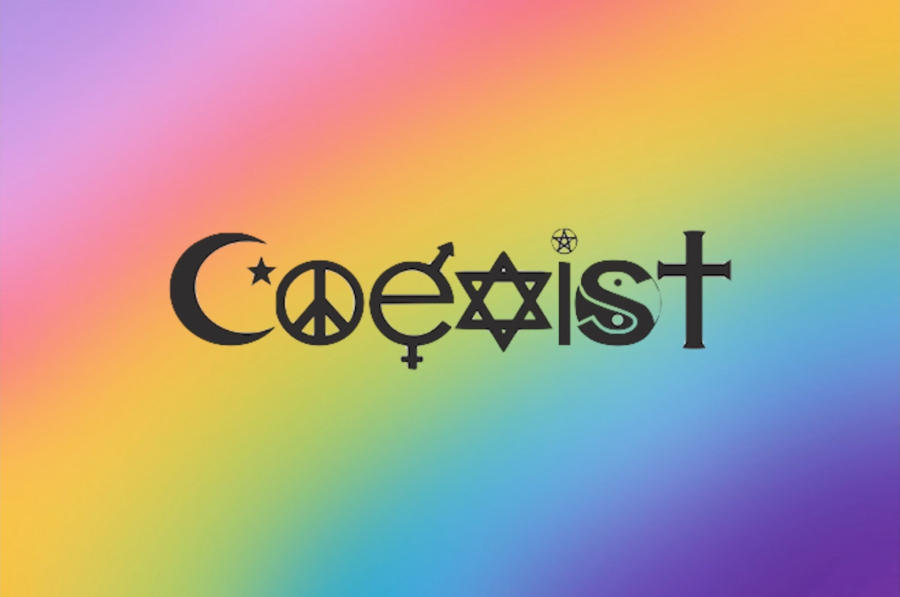Holidays for All!
Flickr and Public Domain Images
Students of varying faiths should have their religious holidays off.
February 28, 2020
Most schools have breaks throughout the school year for holidays. The most common intervals among students are Thanksgiving Holiday, Winter Recess and Spring Recess. While Thanksgiving and Spring Break don’t have anything to do with religious celebrations, multiple religious holidays fall in the middle of Winter Recess.
Winter Recess, generally known as ‘winter break,’ is the marking of half of the school year. During winter break, students and staff enjoy Christmas, New Year’s Day, Hanukkah, and Kwanzaa off. Christmas and Hanukkah are two religious holidays that happen to fall during the break, so the question arises: What about the students with other religions?
As a result of Christmas and Hanukkah being in the middle of Winter Recess, students that are Christian and Jewish never have to make up the work that they have missed during that time.
However, students of other faiths have to come to school because their religious holidays take place on standard school days. Yes, if a student doesn’t want to come, they don’t have to, but, unlike Christians and Jews, they still must make up their missing work.
“When I was little, I used to miss school and go to the mosque and pray in the morning, and then I would go to school. But now I can’t do that because if I miss school, I miss a lot of school work,” said Jenna A., a Muslim seventh grader.
Although some may argue that taking holidays off “appeals to the masses,” this is only half true. If Christianity, Islam, Hinduism, Buddhism, and Judaism represent the five most-practiced religions, why don’t each of them have religious holidays off?
Muslims’ major holiday is Eid-Al-Adha, while Hindus’ most celebrated holiday is Diwali, also known as Deepavali. Meanwhile, Buddhists celebrate one of their most important religious holidays, Vesak/Wesak. Unfortunately, participation in honoring these holidays prevents students from attending school.
“I feel like people are valuing other religions, even though I have my own beliefs, and I deserve to have a day off as other people do, too. We should have a day off, or it should at least be excused for the student, and they don’t have to make up for their missing work,” said Lina A., a Muslim student.
A possible solution to this problem is having one to two fewer days of Thanksgiving, Winter, and Spring Recess. This way, each religion would be honored with a holiday. For example, instead of starting Thanksgiving break on Monday, it could start on Tuesday or Wednesday. And instead of the last day of school before Winter Break being Thursday, we could end school on the following Monday. Spring break could have three days off rather than five.
One school district, Henrico, in Virginia, began implementing a similar idea within its 2020-2021 school calendar. “The fact that we know that’s what we can focus on that day and not worry about getting the kids to school or make up work, all of that stuff, it’s just really gratifying to know that was listened to,” said David Cohen, a spokesmen for the Jewish Community Federation of Richmond.
One concern is that many religious holidays change on a year-to-year basis. If the religious festivity is on the weekend, there would still be school on Monday, because the official holiday wasn’t on a school day.
This solution would meet the needs of students of every religion. It is a positive start to having religious holidays for all religions. With more inclusion of other faiths in schools, students of varying beliefs will feel a broader sense of acceptance.






